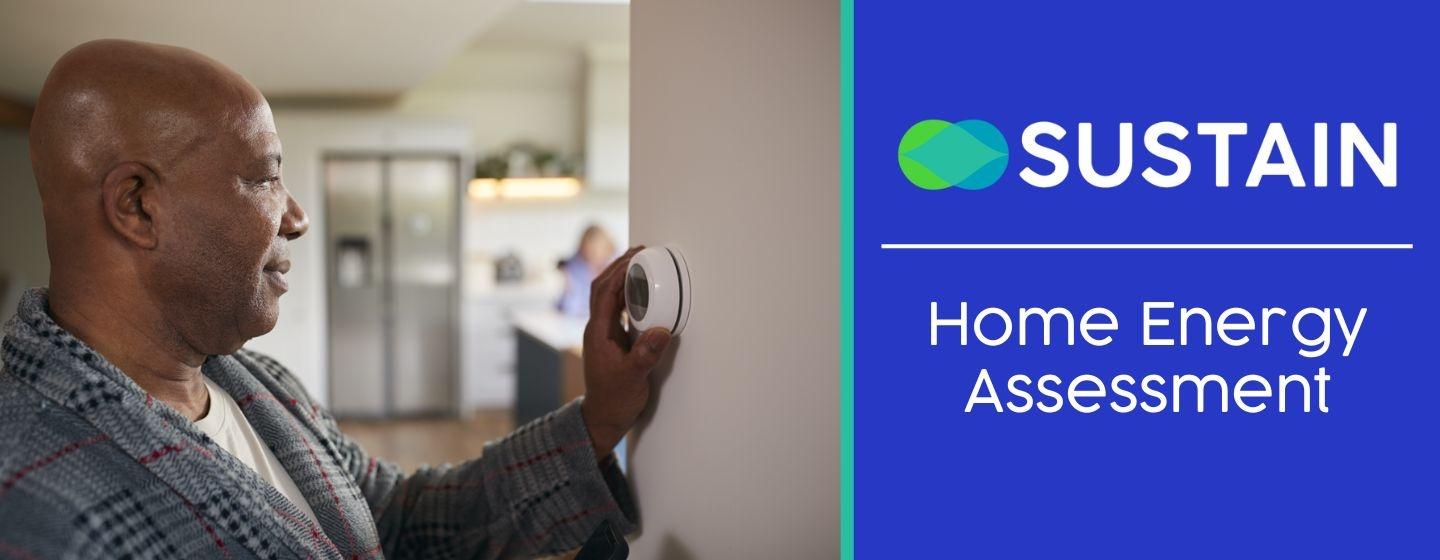Home Energy Assessment



Using energy efficiently not only cuts your monthly bills; it protects our planet, too!
Aside from saving an average of $230 annually, rethinking your home’s energy usage can lower greenhouse gases and reduce air and water pollution. Electricity is essential to our growing technology-filled world, and lowering its demand will reduce the resources used along the way.
As we move toward solar, wind, and hydroelectric power, we must protect nonrenewable fossil fuels. Oil, coal, and natural gas are commonly used for energy but should be conserved as they disappear.
No matter your home's size, design, and location, there are many ways to decrease energy usage. Here are a few to consider:
For a closer look into your home’s usage, you can hire a professional energy auditor.
We want to give a special shout-out to Green Living Toolkit, an excellent resource for eco-friendly guides, videos, and more, including events for our Florida neighbors! See Green Living Toolkit’s guide for at-home energy assessments for more information.
Did you learn something new? Please take a moment to answer this short survey.